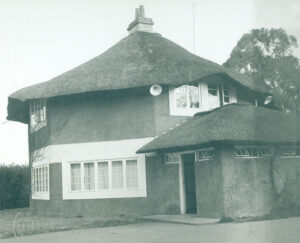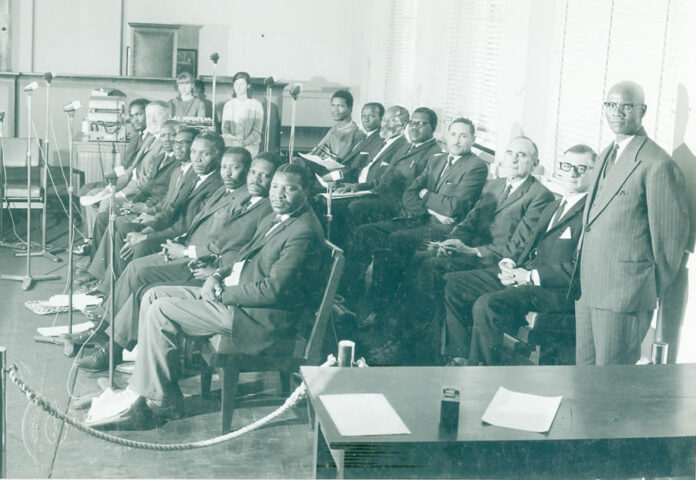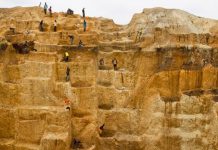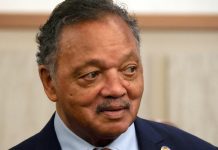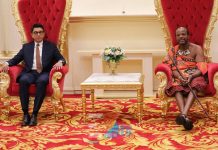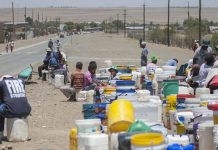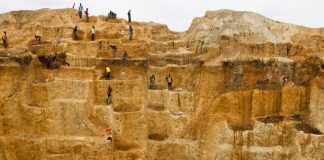
/
RSS Feed
From 1906 to 1968, Swaziland (now Eswatini) was under British indirect rule. After the Second Boer War in 1903, Swaziland, along with Basutoland (now Lesotho) and Bechuanaland (now Botswana), became part of the British “High Commission Territories.” However, a formal protectorate was never established due to unresolved terms with Swazi Queen Regent Labotsibeni Mdluli.
**Independence and Political Evolution (1968–Present)**
Eswatini gained independence on September 6, 1968, marking the start of a new political chapter. His Majesty King Sobhuza II delivered the first official “Speech from the Throne” during the Independence Day State Opening, a tradition inherited from British Westminster governance. This event marks the beginning of each parliamentary session and sets out the government’s legislative agenda.
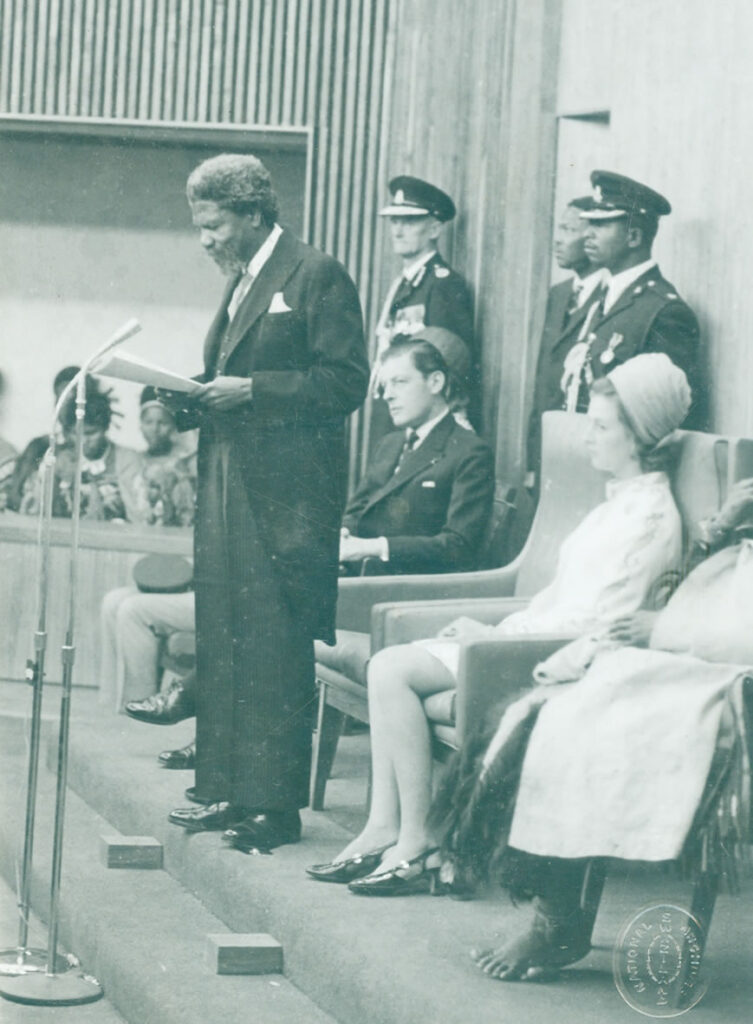
Swaziland’s bicameral Parliament (Libandla) includes the Senate (30 seats) and the House of Assembly (65 seats). Elections are held every five years, with the most recent elections taking place on September 29, 2023.
**Suspension of the Constitution and Rule by Decree**
Following the 1972 elections, King Sobhuza II suspended the constitution in 1973, ruling by decree until his death in 1982. The first non-party elections took place in 1978 under the tinkhundla system, in which electoral constituencies were determined by the King.
